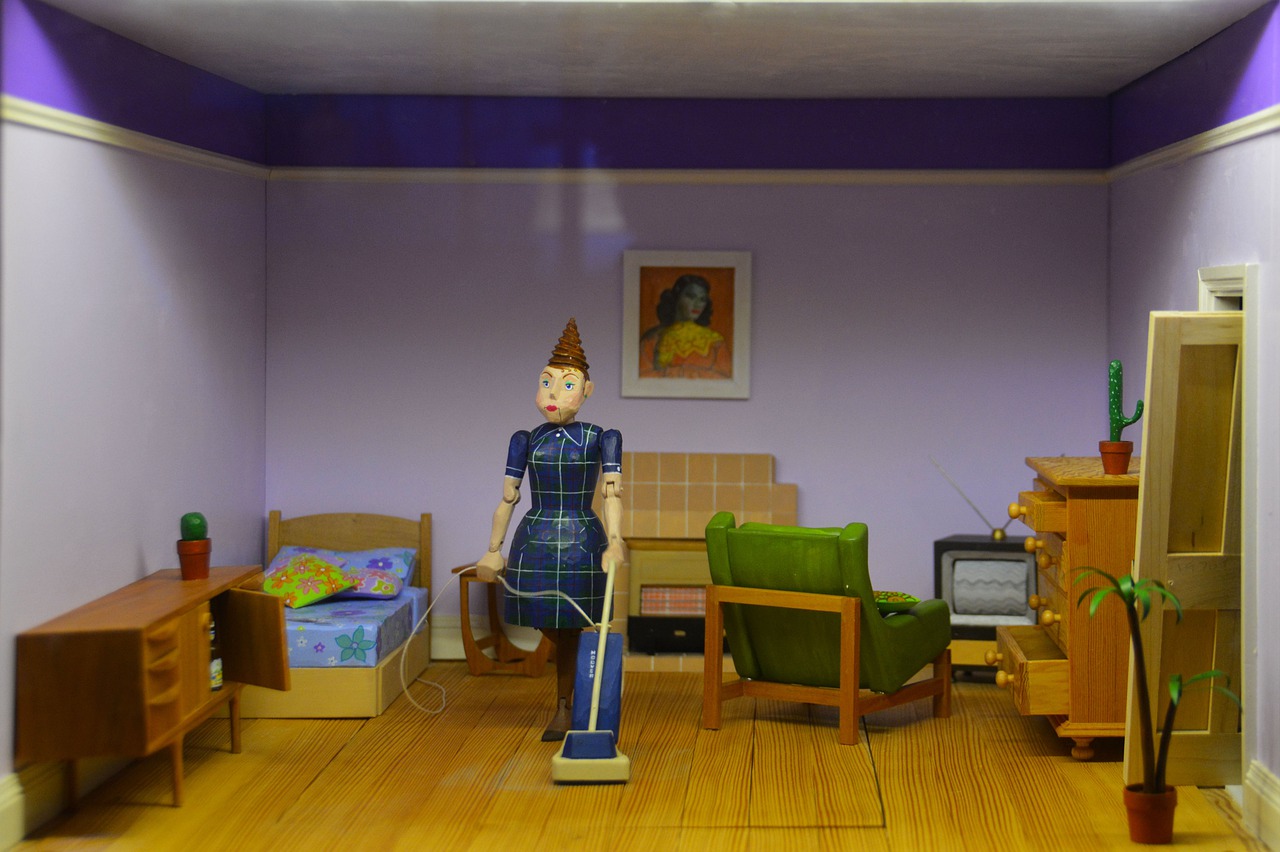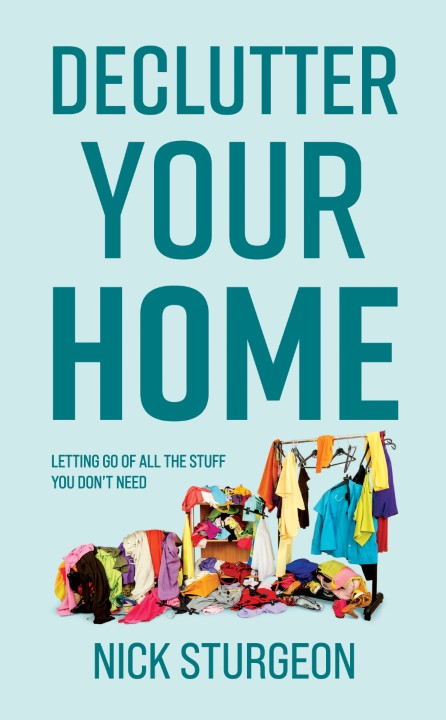Frustrated by too many 'things' in our own home, I started to look at the themes of letting go, of discarding and living with less. The 'light switch' moment for me came when I was about to buy yet another book and realised the stupidity of doing so, and of how that moment started the conversation in my mind about doing the same or better with less possessions and better energy.
Let me tell you now about another trigger incident. This happened while searching online for people choosing to live fulfilling lives with less than they might have had before or for blog articles about frugal living and minimalism. Through such a search I found the perfectly named documentary "Minimalism" and sat down one evening to watch it. Produced by Matt D'Avella it explores the conversations and ideas discussed by friends Joshua Fields Millburn and Ryan Nicodemus.
In looking at this I felt as though I were discovering for myself a previously hinted at, but largely unknown, life space occupied by people who have turned their back on consumerism and instead questioned what they need to live well and to live happily. If Consumerism is the mass wave of being swept along in buying the latest iPhone, or fighting - sometimes literally - for the best deal at a store opening on Black Friday, then the opposite of this is making what you have last longer and being in a place where the same amount of money now buys you more of what you will appreciate and preserve.
I was struck by the stories of different people within the programme and how they had come to a decision based on the stress and fear they were experiencing in what they had previously deemed a normal life along with those of their friends. A broker who had trained and studied to achieve good major in Finance and Accounting at university to become a well paid young professiona, had worked for many years and given himself to his company. One December day he was told by his boss that he was going to be offered a partnership in the firm after Christmas. The man had received this news and then gone back into his office and started crying. His moment of clarity came from realising that if he accepted this promotion he would then be caught up in a place of never after being able to walk away from the trappings of the higher salary and options, of the politics and status of the role. That same evening he packed up his things from the office and left the building, committed to creating his own freedom by living a life that would be more meaningful to himself.
In another example from the "Minimalism" documentary, a lady was diagnosed with MS and faced the shock of this. Her energy levels were down and her ability was hampered by know being able to predict how she would feel from one day to the next. She identified that a lot of her stress was in the clutter she felt around her possessions and she considered how she might reduce the volume of 'stuff' in their home. Pulling out her favourite clothes first, she began to gift to throw away the items she was not using and didn't like. She identified 33 items of clothing that she kept and, as a trial with herself she began to mix and match those clothes for the next three months at work. No one at her workplace noticed she had massively reduced her wardrobe. Together with her husband, she continued with the experiment, letting go of so many of their non-essential items. They created new options for where they could live, her MS waned and became completely manageable.
Another character is a man in his twenties who has reduced his belongings to 51 items that he can pack into just two bags, a weekend shoulder bag and a laptop bag. The freedom of living with so much less, just these essentials, allows him to work from different places around the world as he chooses. This has been achieved by letting go of so much of the accumulated baggage which we surround ourselves with.
The minimalists are sharing a message that it is better to lead a life where you can rely on far less money because that money will go so much further when spent on items that are durable, and which of course you love and appreciate. When you can cut your cost of living, but still maintain or enhance that standard of living, you are in a good place. Decluttering and realising what you no longer need is a part of the process of becoming free and gaining greater happiness and contentment with your life.
If you were to be able to make a career change or move to an area that you would love to love in, and you could do this through adjusting your clutter level, where would you be going?
Having considered such a move, what do you think you can do in order to make this a reality?
What will you need to let go of in the process of getting ready for the change of circumstances?

